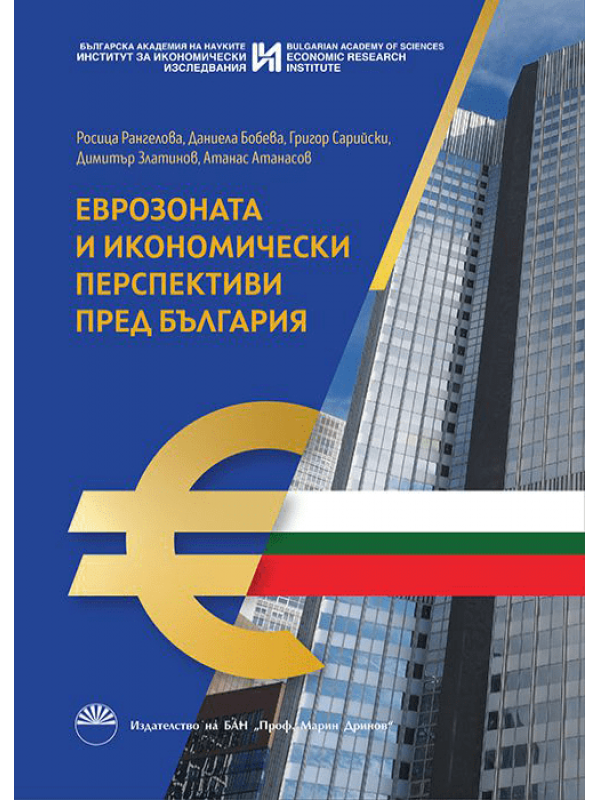Shopping Cart
0 item(s) - 0.00лв
The Eurozone and economic perspectives for Bulgaria
The Eurozone and economic perspectives for Bulgaria
Language: Bulgarian
What is the Eurozone and how is it developing? What are the prospects for Bulgaria's accession given the economic development and its readiness for membership? First, the economic results during the first 20 years of the introduction of the euro into monetary circulation are examined. The implemented policies and their dependence on the global environment and economic challenges are analyzed. The development of the regulatory framework for the accession of the national monetary unit to the currency union and the fulfillment of the criteria for nominal convergence have been followed. Through macroeconomic imbalances in the EU countries, including Bulgaria, potential risks are identified at an early stage. In a critical plan, the risks from the point of view of the financial sector, resulting from the accession to the Eurozone of peripheral economies for the EU, such as Bulgaria, are analyzed. The questions about the preparation of the countries before they enter the Eurozone are touched upon, which directly relates to Bulgaria — legal, analytical, institutional framework. The public opinion "for" and "against" the adoption of the euro is shown according to Eurobarometer data for EU countries, incl. Bulgaria. The last part of the publication traces the positive and negative effects of joining the Eurozone. For comparison, the experience of two groups of EU countries in terms of preparation and implemented policies is taken into account - the Baltic states and Croatia, which are members of the Eurozone, and the countries with a derogation (Poland, the Czech Republic, Hungary, Romania), which have the potential but are currently refraining from membership.
| Details | |
| Publisher | BAS |
| Language | Bulgarian |
| Pages | 232 |
| Illustrations | — |
| Binding | paperback |
| ISBN | 978-619-245-324-4 |
| Creation date | 2023 |
| Size | 14 х 20 cm |
Write a review
Your Name:Your Review: Note: HTML is not translated!
Rating: Bad Good
Enter the code in the box below:










